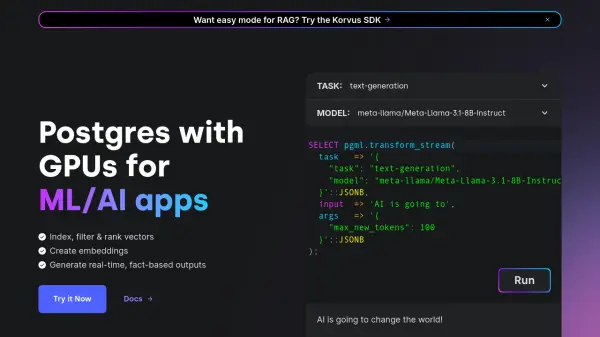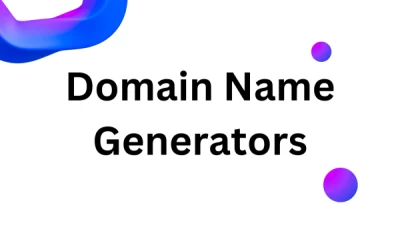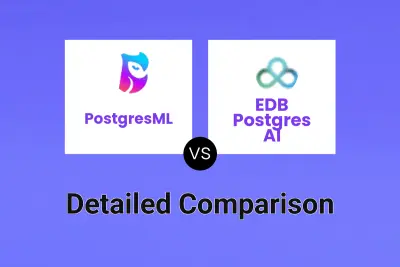What is PostgresML?
PostgresML is a comprehensive platform designed to revolutionize the development of AI-powered applications. It eliminates the need for complex, multi-service architectures by integrating machine learning and artificial intelligence functionalities directly within your PostgreSQL database.
This approach offers several advantages, including significantly faster vector operations, reduced latency, and a more streamlined development process. By colocating data and compute, PostgresML enhances data privacy and security. It supports a wide array of open-source models and provides tools for training, tuning, and deploying machine learning models, including LLMs.
Features
- Vector Operations: 10x faster vector operations with fast KNN and ANN search.
- Embedding Generation: Built-in data preprocessors for splitting and chunking text to create vector embeddings.
- Model Training & Deployment: Train, tune, and deploy models for regression, classification, and clustering, including fine-tuning LLMs.
- LLM Support: Utilize open-source models (Mistral, Llama, etc.) for various NLP tasks.
- Data Colocation: Embed, serve, and store data in one process for enhanced data privacy and security.
- Multiple Deployment Options: Offers flexible deployment options, including serverless and dedicated plans.
- Comprehensive Platform: Perform various machine learning & AI tasks using SQL or SDKs in Javascript & Python.
Use Cases
- Building RAG (Retrieval-Augmented Generation) applications
- Creating AI-powered chatbots
- Implementing fast and efficient search functionalities
- Developing applications requiring real-time, fact-based outputs
- Performing text generation, summarization, and translation
- Training and deploying custom machine learning models
FAQs
-
What does serverless mean on PostgresML?
On PostgresML you can build and scale Postgres without having to manage servers or GPUs. Your database will respond to your application’s demand automatically, and scale up or down as needed. Your charges will be based purely on your usage, and measured down to the millisecond. -
Does PostgresML charge per token?
PostgresML does not charge per token. We charge by the amount of time a query runs. Queries that generate or process more tokens will often run longer, but queries that use smaller models will run more quickly. You’re only charged for the resources you use. -
Does PostgresML charge for storage?
PostgresML charges $0.25 per gigabyte per month for storage. This includes fault tolerant RAID configurations for high availability as well as backups for disaster recovery. -
How is PostgresML so inexpensive?
Our approach to GPU memory management is inherently more efficient because at PostgresML, we move full AI capability to the database rather than moving the data to the models. -
How does the cost estimator work?
PostgresML estimates costs based on typical workloads and real world benchmarks. Workload prediction is difficult which can make future cost estimation even harder. Please contact our team if you would like help estimating the size of your workload and the associated costs. We’re happy to help if you have any questions.
Related Queries
Helpful for people in the following professions
PostgresML Uptime Monitor
Average Uptime
38.47%
Average Response Time
201.1 ms
Featured Tools
Join Our Newsletter
Stay updated with the latest AI tools, news, and offers by subscribing to our weekly newsletter.












